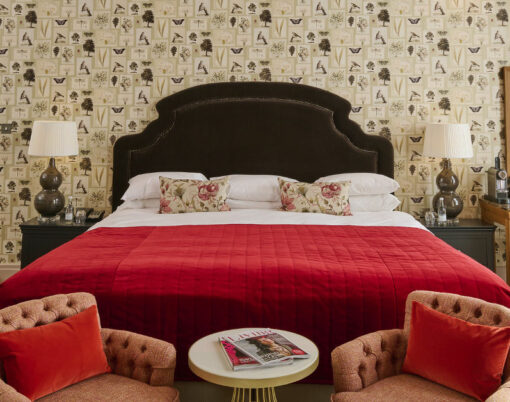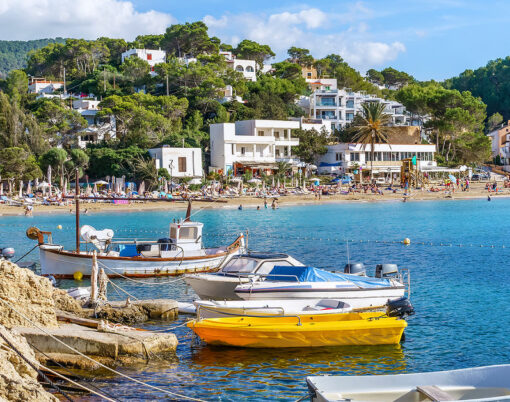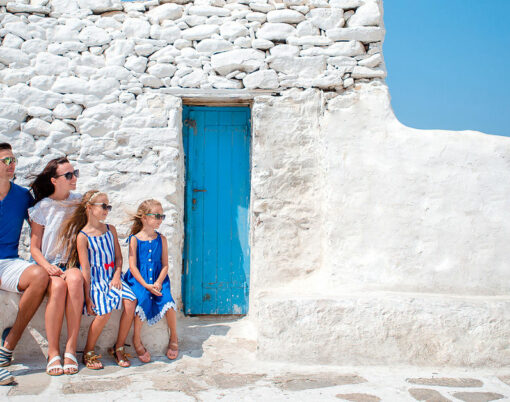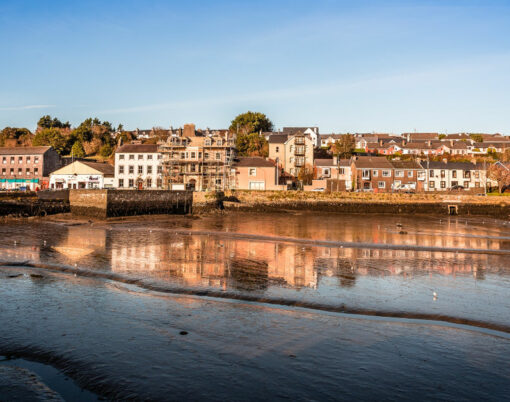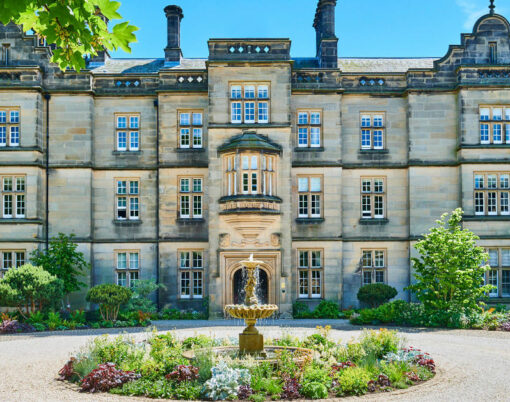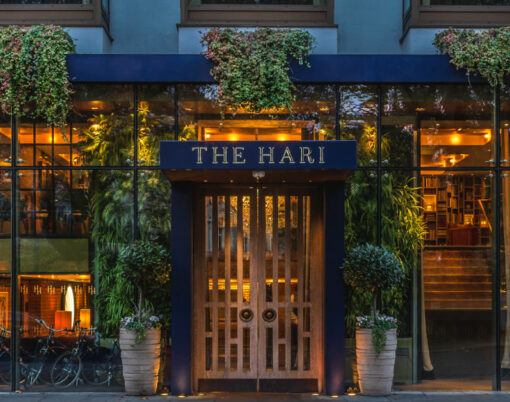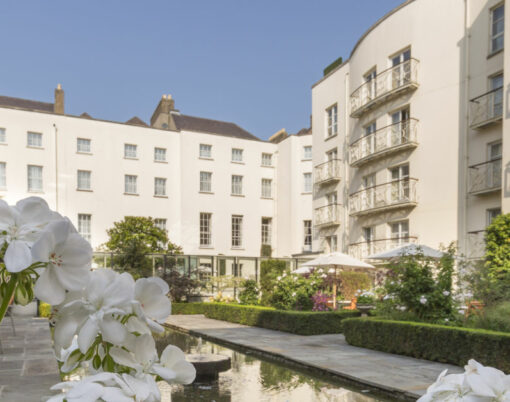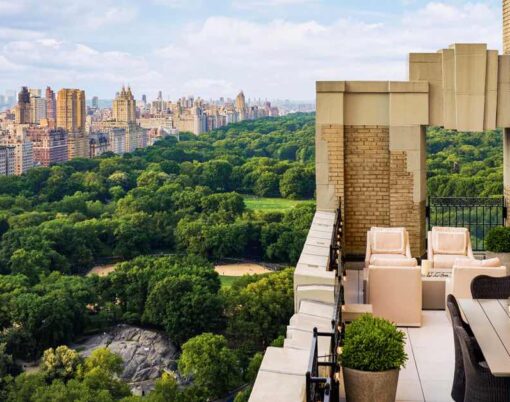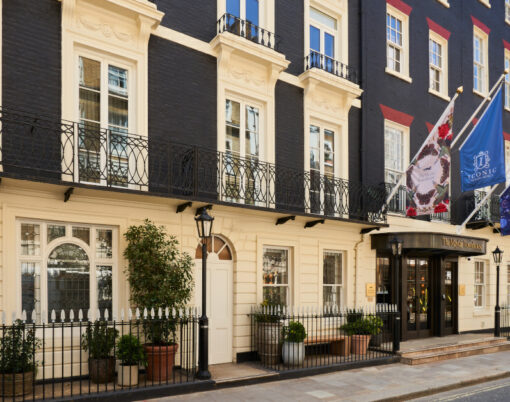Once a palatial home to an aristocratic Zamindar family, ‘The Rajbari Bawali’ has been skillfully restored to reflect in ambiance, feel and experience a typical 18th century Zamindar mansion, integral to Bengal’s glorious history and culture.
The exquisite mansion has doors open for guests to indulge in bespoke experiences replete with region’s traditional customs, rural performing art forms, untold stories, authentic cuisine all meant to cherish slow rhythmic pace of life while relishing the warm hospitality.
We speak to the owner Ajay Rawla who took the daunting task of restoring the crumbling palace. Mr Rawla is an environmentalist with an eye for architecture and aesthetics, a keen mind and a self- driven hunger to learn more, to evoke the lost and untold histories of our past.

From constructing the Nationally Important AGNI base in Chandipur, Orissa while living in a thatched-roof hut, to founding the National award-winning export house, The East India Natural Goods & Co, to restoring a 300 year old Rajbari to its former glory, he is committed to promoting Bengal’s cultural and architectural heritage.
The Rajbari was discovered by him in a state of near ruin in 2009 and he spent the next 7 years restoring it to its present glory. The restoration work received acclaim from INTACH and the restored Rajbari Bawali has also been featured by Conde Nast UK on their hot list of “Top 50 Hidden Destinations of the World’.
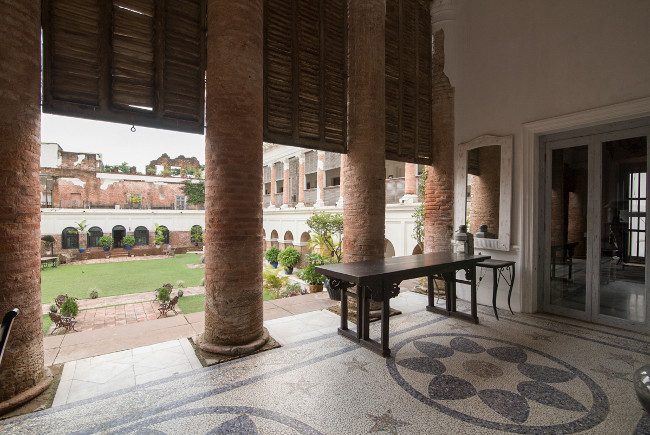
He was not only passionate about the restoration of the building, but also wanted to give the discerning traveller from around the globe a truly unique experience and an opportunity to be a part of the immersive cultural experiences that they offer, living the glory and magnificence of the extraordinary lifestyle that the Zamindars of Bengal once enjoyed in the bygone era….
What triggered your fascination with The Rajbari Bawali and the thought to restore it?
I chanced upon ‘The Rajbari Bawali’ while exploring the temple which I had heard of. It was in a state of ruin and was uninspiring from the outside. I was persuaded to walk in through the little door and was wonderstruck by the timeless architectural elegance.
The Rajbari had an Angkor Vat like appearance. Banyan Trees had taken hold of the building in many sections and had destroyed the roof and walls of several wings. Despite the damage that was wreaked by time and neglect, there was a haunting romance about The Rajbari Bawali.
I was transfixed and completely in love with the place and knew that come what may, I would take it upon myself to ensure that this amazing edifice would not be allowed to crumble to the ground.
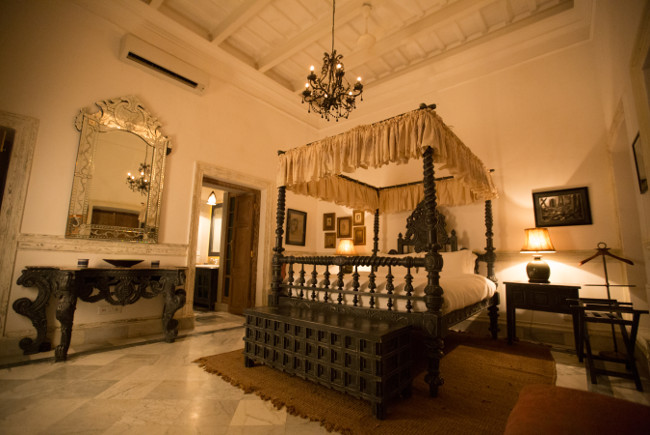
Tell us about the initial years of restoring it. What went into restoring it? What were the challenges you faced in your journey of restoring it?
The initial years of restoration and acquisition were both challenging and rewarding. We had to identify the many owners, trace land records and work on bringing family members with a huge trust deficit to a common table.
How did you find and employ skilled experts and workers in the restoration process?
From the word go it was clear to me that we needed to follow the best possible restoration techniques and in order to do so, we reached out to Ratish Nanda of the Agha Khan Foundation and G. M. Kapur of INTACH. We sent a team of master masons from Murshidabad to train and work with the Agha Khan Foundation while they were restoring the Humayun’s Tomb in Delhi.
Armed with the skill set acquired under their tutelage, they worked tirelessly through the 7 years restoration period that it took to bring The Rajbari Bawali to its current form. Wanting to ensure everything was done perfectly, architects and advisers were consulted from the UK, Italy, Mexico and the USA.
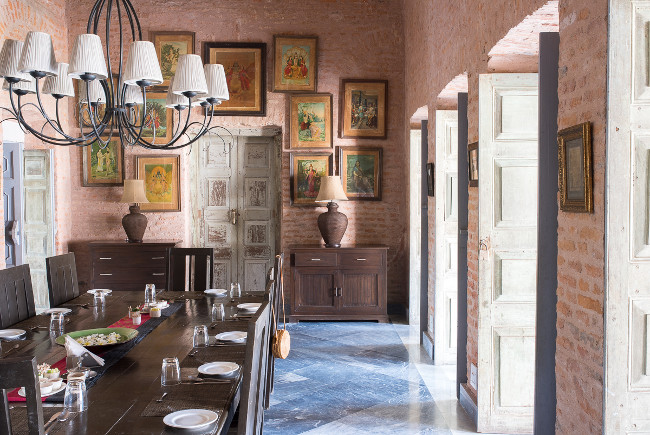
How did you incorporate the comforts of the modern hotels—air-conditioning, lighting, plumbing—within the regal design of this ancient structure?
The Rajbari Bawali itself had no bathrooms but had privies in different outdoor locations. We had to lay entire plumbing, lighting and air-conditioning systems. Since we were relaying large sections of the roof and walls, this gave us the opportunity to plan and install all the mod-cons required to make guests comfortable to stay at the heritage property.
How did you pick and choose unique artefacts and materials you have used in the property?
Almost all the material used at The Rajbari Bawali is recycled. Bricks were specially made and brought from Murshidabad. Burma Teak from old Colonial homes has been sawn and used for all the flooring and other wood work.
Cast iron pillars and railings were located from all over North Kolkata. Old DC fans were converted to AC. All the floors have been re-laid with Italian Marble retrieved from mansions that were being brought down all over the city. . Even the fabrics used are natural linens and cottons, to ensure an authentic and exclusive experience.
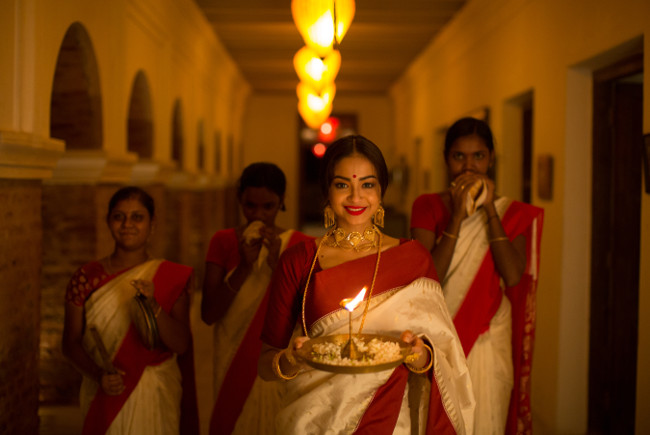
Have you engaged the local community in some way?
As time went by we engaged many people from the village in the construction and restoration work. Local craftsmen were trained for masonry and carpentry work.
What is your philosophy of work?
I have been a serial entrepreneur and have started several businesses. From constructing the AGNI Base in Chandipur to being involved in shipping and setting up an award winning export house to now being in the hospitality and restoration business, I have found that one should never be afraid to seek counsel and of course, the age old adage that “the harder you work the luckier you get”. Information is available on our fingertips.
What is your ‘mantra’ for success which can be an inspiring message for youngsters?
Passion fueled with a burning desire to succeed is an unbeatable combination and drives growth in any enterprise.
Any future plans to restore any other property?
We are always on the lookout for architecturally elegant properties and are in discussion to commence work on a few.
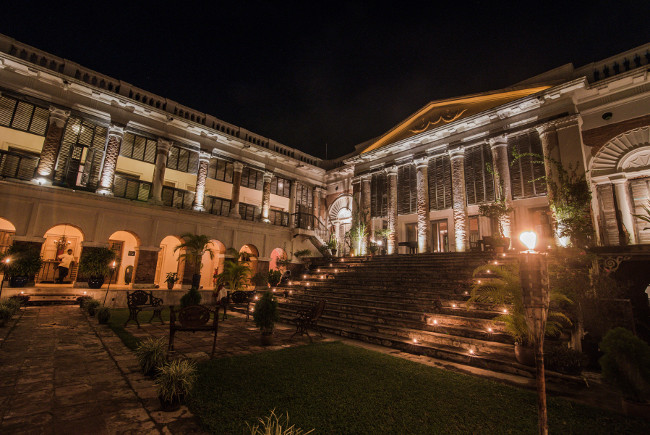
Quick Five
Your favourite Heritage Property in India: I have to say that my favourite heritage property in India is The Rajbari Bawali. Apart from this, I have always enjoyed and loved the feel of the Samode Palace in Jaipur.
Your personal favourite dish of the Rajbari Kitchen: ‘Bhappa Bhekti’ – succulent barramundi marinated with Bengali mustard and steamed in a banana leaf.’
Your favourite antique in your property: I really love our four poster beds and I am extremely proud of our ‘Bluthner Grand piano’ which once belonged to the Chairman of HSBC. It was sold to me by the then owner on the condition that she could play it whenever she visited Calcutta!!
Your favourite fun moment at Rajbari: My favourite fun moment at The Rajbari Bawali was Dinner not by the pool but in the pool with Joanna Johnston, the designer who designed all the costumes for “Indiana Jones and the Temple of Doom”, and Philip Adrian Wright, who wrote the song “Don’t you want me baby”.

FACTBOX
Rajbari Bawali
Address: PS, Rajbari, Bawali, Nodakhali, West Bengal 700137, India
Phone: +91 98303 83008
Website: therajbari.com
The Rajbari Bawali is a ‘RARE India’ partner hotel (rareindia.com). RARE India is a collection of some of the finest boutique hotels, palace stays, wildlife life lodges, homestays and retreats of India that offer the perfect immersive experiences to the evolved world traveller.
Founded by Shoba Mohan and lead by a passionate team with a collective experience and energy of over 55 years, RARE India’s list comprises of a unique collection of hotels spanning three countries – India, Nepal & Bhutan, 15 States in India alone and 45 hotel brands.
RARE as part of its latest edition of Visit RARE Media familiarization trip invited the author to visit The Rajbari Bawali to experience its true spirit.













